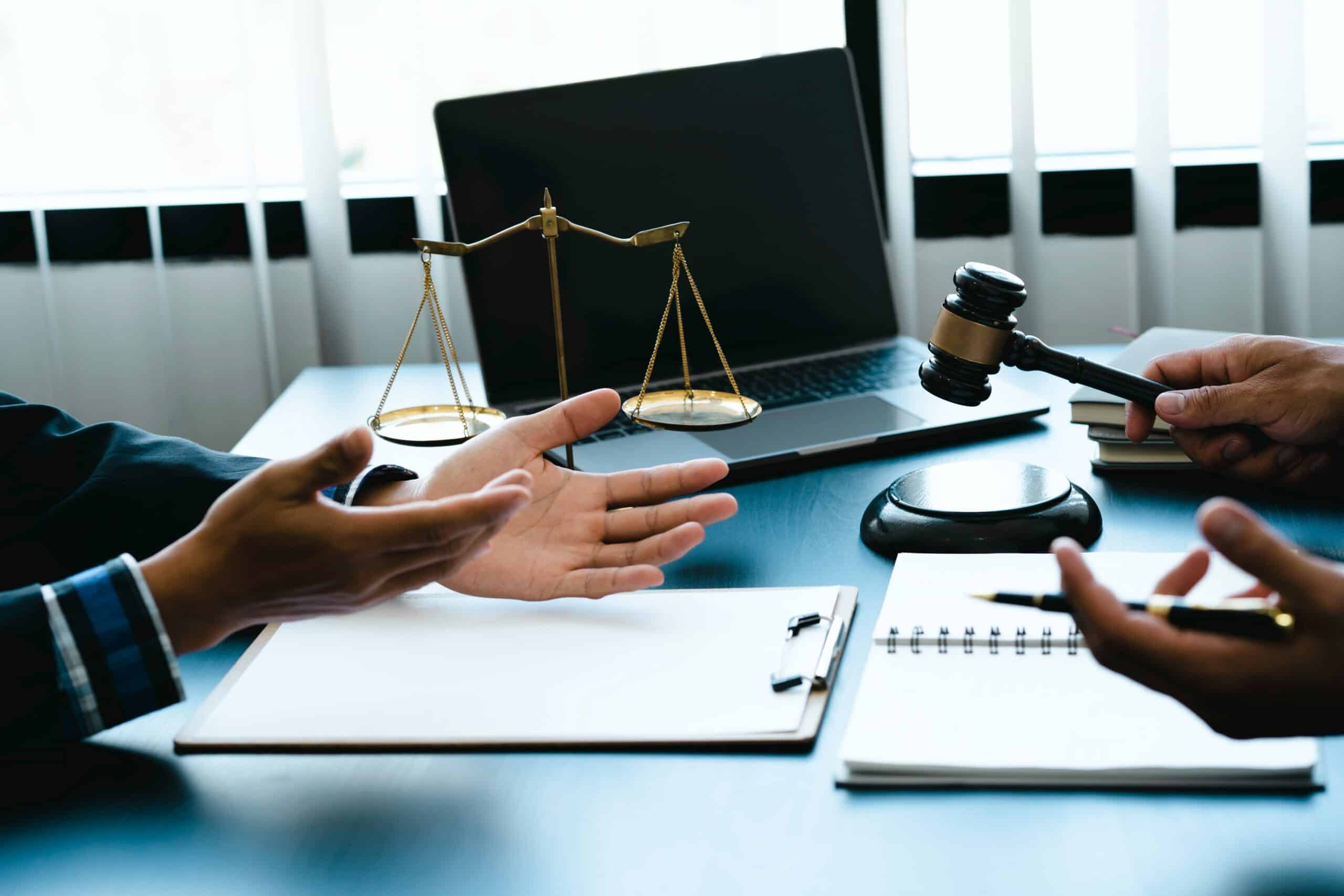Accidents can occur unexpectedly, even in places where we least expect them—like the grocery store,…
Pursuing a Premises Liability Case – Guest Post

Premises liability is an area of law that addresses the responsibility property owners or occupiers have to maintain safe conditions for visitors. When someone is injured on a property due to unsafe or hazardous conditions, they may have grounds to pursue a premises liability case. This article provides insight into what premises liability entails, common examples, the steps in filing a claim, and useful tips for individuals considering legal action.
What is Premises Liability?
Premises liability refers to the legal duty of property owners to ensure their premises are reasonably safe for people who enter. This duty extends to businesses, landlords, and private homeowners. When property owners fail to fulfill this responsibility and someone gets injured as a result, the injured party may seek compensation for their damages.
The extent of a property owner’s liability often depends on the visitor’s status. There are three general categories into which visitors are classified:
- Invitees: These are individuals invited onto the property for a lawful purpose, such as customers in a store. Property owners owe the highest duty of care to invitees.
- Licensees: People who enter a property with permission but for their own purposes, such as social guests, are considered licensees. The duty of care toward licensees is slightly lower.
- Trespassers: Property owners typically owe minimal duty to trespassers, though exceptions may apply, such as cases involving children.
Common Scenarios for Premises Liability Cases
Premises liability cases can arise from various situations where unsafe conditions lead to injuries. Common scenarios include slip and fall accidents, which occur due to hazards like wet floors, icy sidewalks, or uneven surfaces. Poor maintenance, such as broken stairs, faulty railings, or malfunctioning elevators, also frequently results in injuries. Negligent security, such as inadequate lighting or unguarded entrances, can lead to harm, especially in cases of assault. Injuries from animal attacks are another example, with property owners potentially liable if they were aware of an animal’s aggressive tendencies. Additionally, swimming pool accidents, often caused by unsecured or improperly maintained pools, are another frequent cause of premises liability claims.
Consult a Lawyer
Consulting an experienced premises liability attorney is an essential step for navigating these cases effectively. A skilled lawyer, such as those at Wernlè Law, can thoroughly assess the strengths and weaknesses of your claim, provide a clear explanation of your legal rights, and outline the potential outcomes you might face. They can also offer personalized guidance on whether pursuing legal action is appropriate for your circumstances and assist with gathering evidence, handling negotiations, and representing your interests in court if necessary.
Tips for Pursuing Legal Action
For those considering legal action in a premises liability case, several tips can improve the chances of a successful outcome. Acting promptly is critical, as laws, including statutes of limitations, vary by state and delays can complicate the process. It’s also essential to prove negligence by demonstrating that the property owner knew or should have known about the hazardous conditions and failed to resolve them. Thorough documentation of damages, such as medical expenses, lost wages, and related costs, will help quantify the claim. Finally, avoid making any statements to the property owner, their insurer, or representatives without legal advice, as these could be used against you. Consult with an attorney for proper guidance throughout the process.
Premises liability cases provide individuals injured on unsafe properties with a means to seek compensation and hold negligent property owners accountable. Understanding your rights and following the proper steps can make all the difference when pursuing a claim. Consulting a qualified attorney early in the process ensures that your case is handled effectively, giving you the best chance of securing a favorable outcome.

